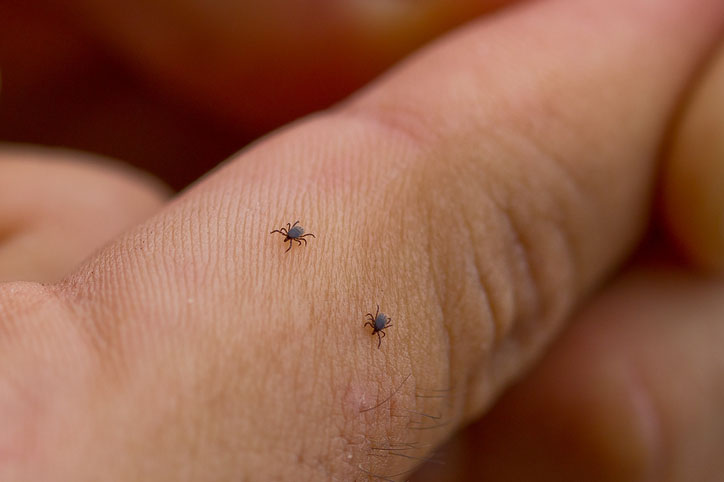Overview of Quail Bronchitis
- Quail Bronchitis
- Overview of Quail Bronchitis
Quail bronchitis is a naturally occurring, highly contagious, often fatal respiratory disease of bobwhite quail, seen both in the wild and in captivity. The disease is of major economic significance to gamebird breeders and has a worldwide distribution. It is a serious disease on certain farms where quail are pen-raised, and particularly when quail of different ages are maintained on the same premises.
The causative agent, quail bronchitis virus, is a Group I serotype 1 avian adenovirus that can be readily isolated from the respiratory tract of acutely affected birds. The virus is also easily isolated from fecal samples, intestine, liver, and occasionally the bursa of Fabricius. It is highly contagious and spreads rapidly through multiple-age units. Other avian species, particularly chickens, may be carriers.
Clinical signs include respiratory distress, coughing, sneezing, rales, and nasal or ocular discharge. Loose, watery droppings are common in some acutely affected older birds. Conjunctivitis, mild to severe tracheitis (the trachea may be completely filled with mucus), airsacculitis, hepatitis, and gaseous distention of the intestines may be seen. Multiple pale, pinpoint (3 mm) foci of necrosis in the liver and mottling and enlargement of the spleen are common lesions in infected birds. Mortality may reach 100% in birds <2 wk old but is usually <25% in birds >4 wk old.
The disease is often self-limiting. Experimental vaccines have proved ineffective in preventing quail bronchitis. There is no specific treatment, but increasing the brooder temperature by 3°–5°F (1.5°–3°C), preventing “piling up,” and avoiding contact between older and younger birds and other avian species are of value, as are strict isolation and sanitation. Immunity is long lasting, possibly for life, and recovered birds can be retained for breeders. New birds should not be introduced to premises without a 30-day quarantine.
- Quail Bronchitis
- Overview of Quail Bronchitis





